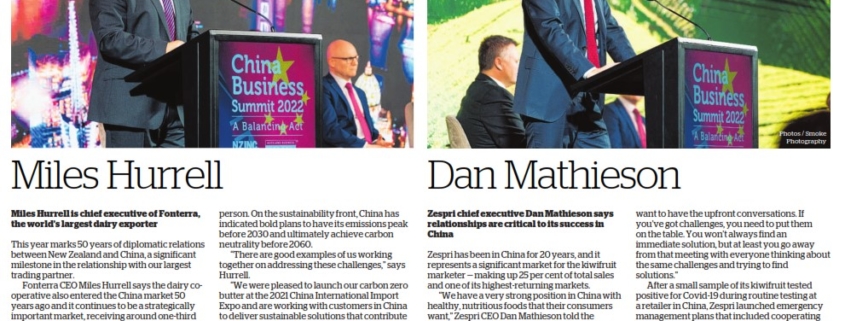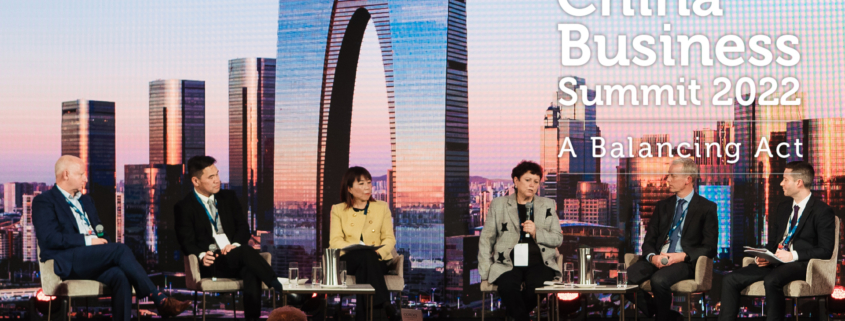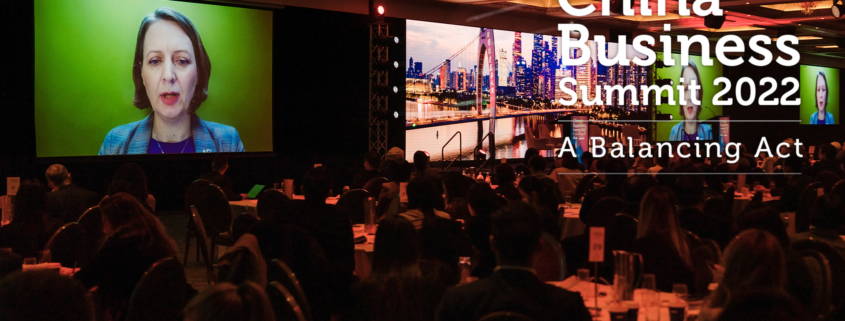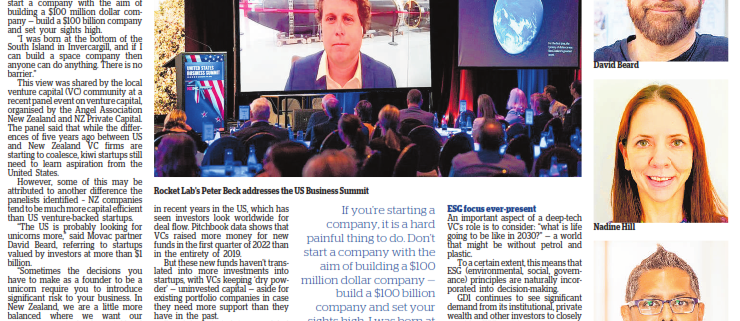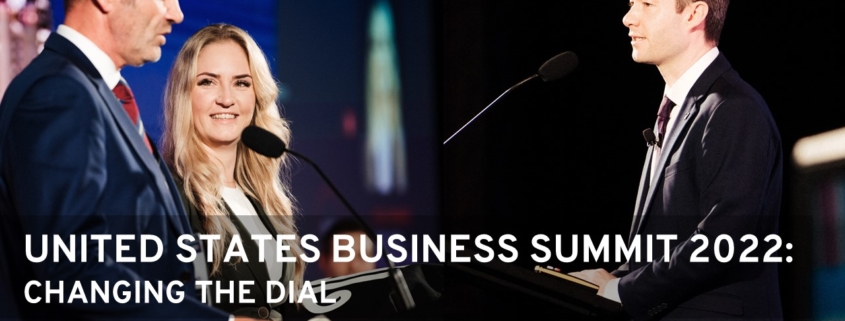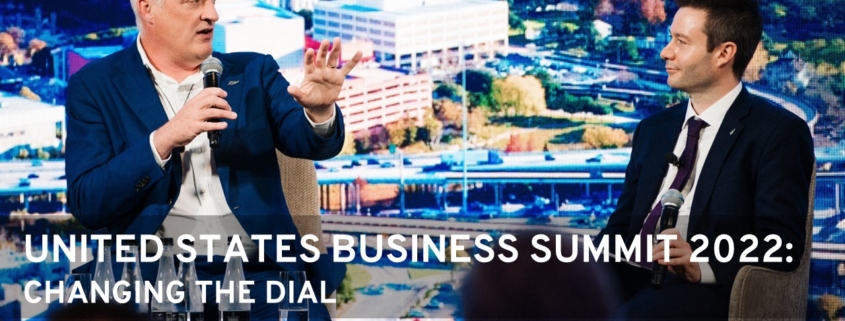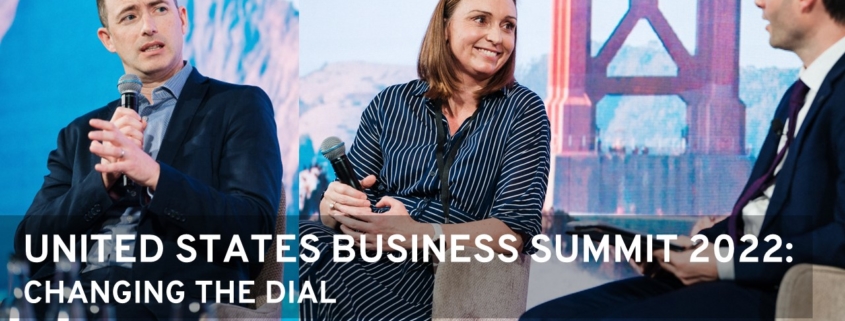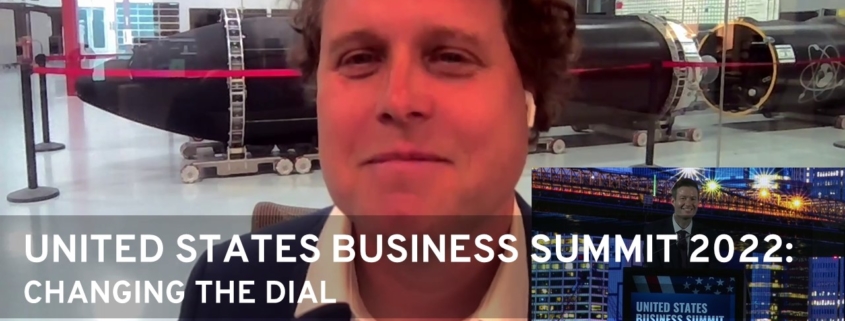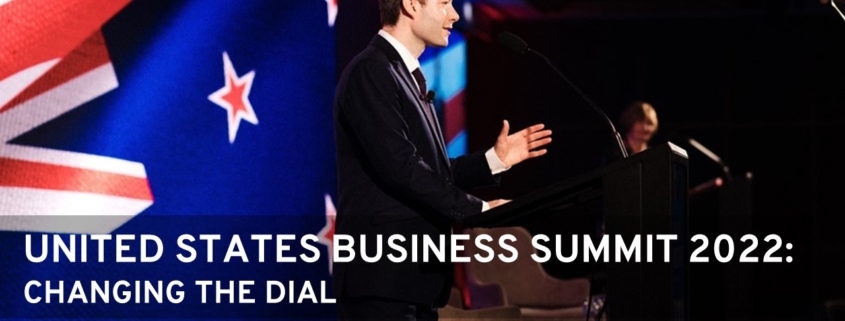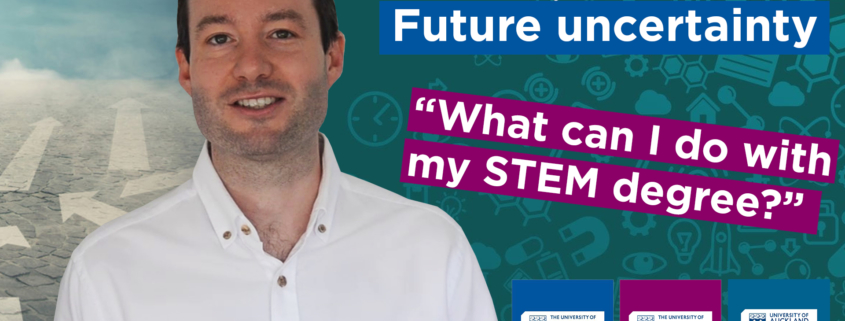Agribusiness: CEOs of NZ's largest exporters to China talk strategy (NZ Herald)
Agribusiness: CEOs of NZ’s largest exporters to China talk strategy (NZ Herald)
Miles Hurrell
Miles Hurrell is chief executive of Fonterra, the world’s largest dairy exporter.
This year marks 50 years of diplomatic relations between New Zealand and China, a significant milestone in the relationship with our largest trading partner.
Fonterra CEO Miles Hurrell says the dairy co-operative also entered the China market 50 years ago and it continues to be a strategically important market, receiving around one-third of its milk.
The dairy giant’s strategy in China is to meet the growing need of customers and consumers for high-quality nutrition and provide premium dairy to its people both online and in-store.
“China is an important part of the global industry supply chain. Innovation, sustainability and efficiency have seen us succeed over the past 40 plus years and we firmly believe these will underpin our future growth,” Hurrell told the China Business Summit which took place earlier this month.
Despite some softening due to Covid-19, Fonterra continues to see firm demand in China in the medium to long term.
“In this current financial year, our ingredients business continues to benefit from strong demand and great margins — especially for proteins.”
There is a strong alignment between Fonterra’s key priorities and those of the Chinese Government. China has been actively pushing for its residents to increase dairy consumption, advising an intake of 300g per person. On the sustainability front, China has indicated bold plans to have its emissions peak before 2030 and ultimately achieve carbon neutrality before 2060.
“There are good examples of us working together on addressing these challenges,” says Hurrell.
“We were pleased to launch our carbon zero butter at the 2021 China International Import Expo and are working with customers in China to deliver sustainable solutions that contribute to their carbon reduction objectives.”
Hurrell says the farming systems that New Zealand operates — not just from a dairy perspective — put this country in a strong position from a sustainability perspective.
“Chinese consumers value what we produce here in New Zealand and the way that we produce it and care for our animals and our land. They are prepared to pay for that.”
Fonterra is not complacent and is focusing on product innovation in high-value, niche categories. It is also looking to grow its food service in China by entering more Tier 3 to Tier 5 cities.
Hurrell doesn’t expect sales volumes in China to grow beyond the current third of Fonterra’s exports. “I wouldn’t see our supply to China increasing, but I don’t see it falling away anytime soon either.”
He says that increasingly, more markets are understanding what New Zealand produces and the provenance story that goes with it.
“The rest of the world is starting to recognise the importance of what we do.”
Dan Mathieson
Zespri chief executive Dan Mathieson says relationships are critical to its success in China.
Zespri has been in China for 20 years, and it represents a significant market for the kiwifruit marketer — making up 25 per cent of total sales and one of its highest-returning markets.
“We have a very strong position in China with healthy, nutritious foods that their consumers want,” Zespri CEO Dan Mathieson told the summit.
In the early days of its relationship with China, Zespri operated from a distance and had no real understanding of the intricacies of the market. “Fast forward to today, we now have 100 people in China across all of the critical elements of partnership building, and that serves us in very good stead,” Mathieson says.
That partnership building includes a shift from Zespri being a “value taker” in the early years of the relationship, to now investing in China itself. “In the last decade we’ve really doubled down our focus on social contribution and trying to work in a sustainable way with our partners in China — and there’s a lot more of that to come.”
Mathieson says it is the strength of the relationships Zespri has in China that has enabled it to overcome challenges in recent years.
“We were nervous about engaging with Chinese officials and partners for a long time. We didn’t understand each other and tiptoed around issues. But we now understand that we want to have the upfront conversations. If you’ve got challenges, you need to put them on the table. You won’t always find an immediate solution, but at least you go away from that meeting with everyone thinking about the same challenges and trying to find solutions.”
After a small sample of its kiwifruit tested positive for Covid-19 during routine testing at a retailer in China, Zespri launched emergency management plans that included cooperating with relevant government agencies to trace the product shipment. “It was the relationships with our partners in China and with government agencies that alerted us to the issues quickly and gave us the space to respond and minimise disruption to our sales and reputational damage to the brand.”
Another significant challenge for the business has been the lockdowns in Shanghai.
Within six weeks, Zespri had to divert all its vessels from the Shanghai Port to another port a few hours down the coast. “Normally that does not happen — there is a lot of process and procedure to go through,” Mathieson says. “But the relationships we built up over nearly two decades helped us to move quickly and successfully import the same amount of kiwifruit.”
Mathieson says Zespri’s relationships will be essential to helping it continue to expand its sales in China in second, third and fourth-tier cities. It plans to double its current sales volumes by 2030 and expects online sales to expand from 30 per cent to 50 per cent.

